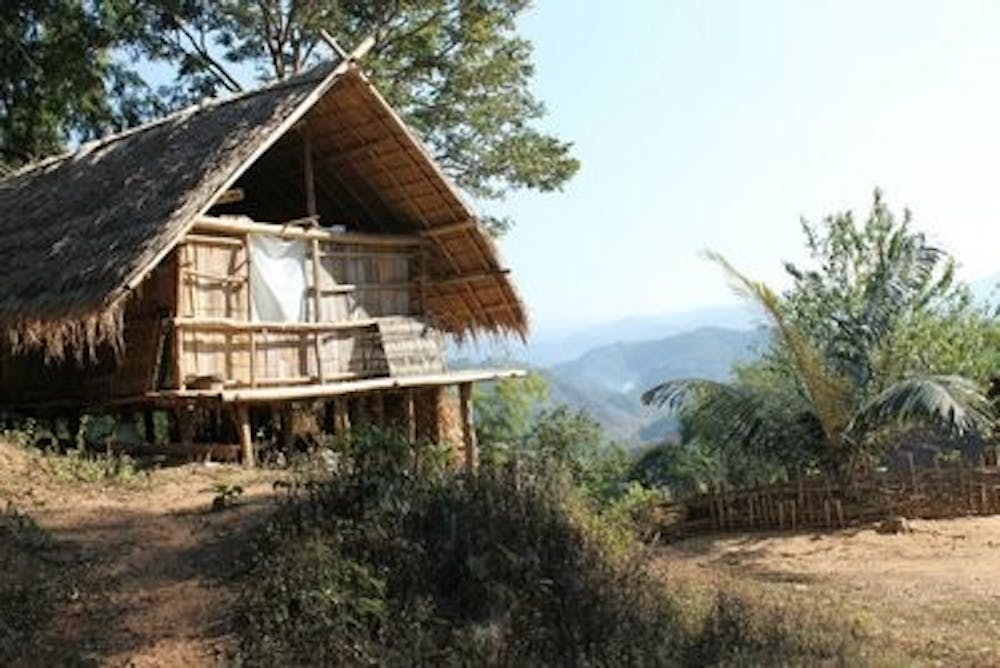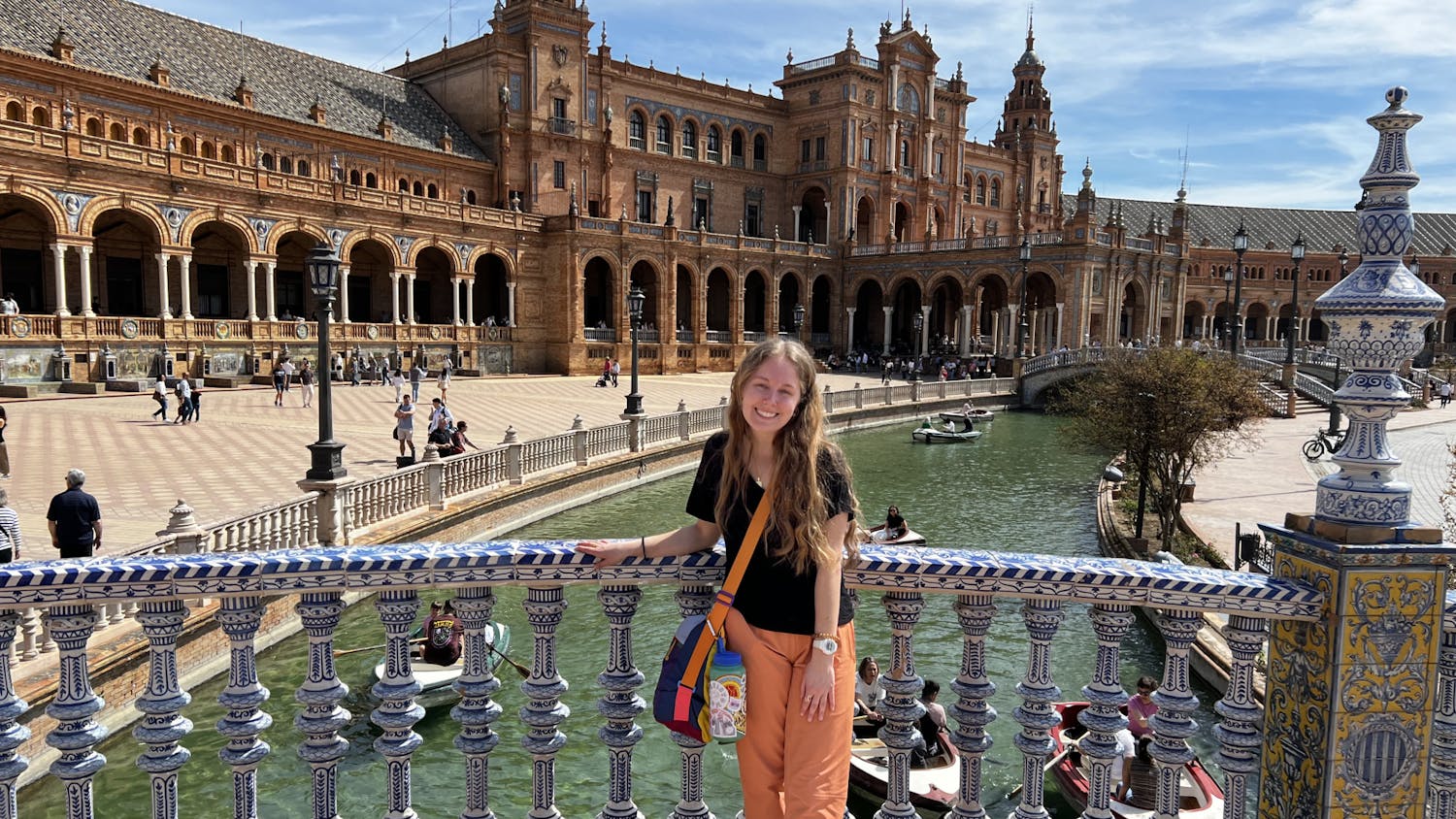The natives of Thailand are known for eating almost anything.
"Is that your dog?" our translator Mind asked. When we responded yes, she simply said, "I'd eat it."
While she was trying to be funny, it became apparent that if it was put in front of her, she probably would have eaten it.
Thailand had the most eclectic food options of any country that I have been to, with a similar variation in people who prepared them.
In Chiang Rai, we lived at the epicenter of the clash between tourism and nativism.
While tourism was a major source of income for the people of Chiang Rai, our local contact told us that behind the facade of friendliness, the majority of the people wanted tourists to get whatever they came for - whether sex, exotic foods or seeing the sights and leave. In short, the natives believed tourists were interfering with the tradition of Thailand, or even destroying it.
A local night market served some of the most unusual foods I have ever seen. We ate grubs, locusts, crickets, unidentifiable meats and insects and the more common pad Thai.
Twenty-four hour Internet cafes, equipped with computers and an Internet connection that could be comparable to Auburn's labs, were a common occurrence in a country that is one of the poorest in Asia.
We were taken 20 miles outside of Chiang Rai to a small village whose people elected to live in the hills instead of the city. Their houses were made from wood with grass roofs that offered a modicum of protection from the rain. The materials provided almost no insolation in a country that could get surprisingly cold at night.
The people of the hill tribes were more welcoming than the people of the city. It could have been because somewhere in those 20 miles of travel we shirked our tourist titles and transitioned into something more acceptable.
Some of the children had never seen a white person, and we were told later that their fear of us was inspired by childhood tales that naughtiness would make the "white people come punish them."
We connected with the people of the tribe almost immediately in a way that transcended language. We were forced to make a connection that did because our understanding of Thai was limited, and their understanding of English was non-existent.
Like other places in Thailand, pregnant dogs and puppies littered the dusty ground, chasing chickens and cautiously antagonizing the larger, more aggressive roosters. Our favorite puppy, Skip, loosely resembled the famous Jack Russell Terrier from "My Dog Skip," and bravely barked at the roosters and wrestled with other puppies.
We played a game with similar rules of shuffleboard, where a marker would be placed and each team member would take turns throwing a ball as close to the marker as possible.
We ate rice that had been wrapped in bamboo and placed over the fire to cook. After peeling back the bamboo, the result was a gooey paste that had a sweet taste to it. In addition, because the village wanted to honor their visitors, we were offered meat that was almost inedible because of its toughness, but we graciously accepted so we would not offend them.
Afterward, the men and women separated. While we could not understand much of it, we did learn something that we elected not to tell the women until nearly a month later.
We attempted to sleep on bamboo slats that would have made the makers of the Sleep Number Bed cringe.
In the morning, we said our goodbyes and thanked them for their hospitality, spending extra time saying farewell to the people we connected with.
"Has anyone seen Skip? I wanted to hug him goodbye," said one of our female team members.
Do you like this story? The Plainsman doesn't accept money from tuition or student fees, and we don't charge a subscription fee. But you can donate to support The Plainsman.




